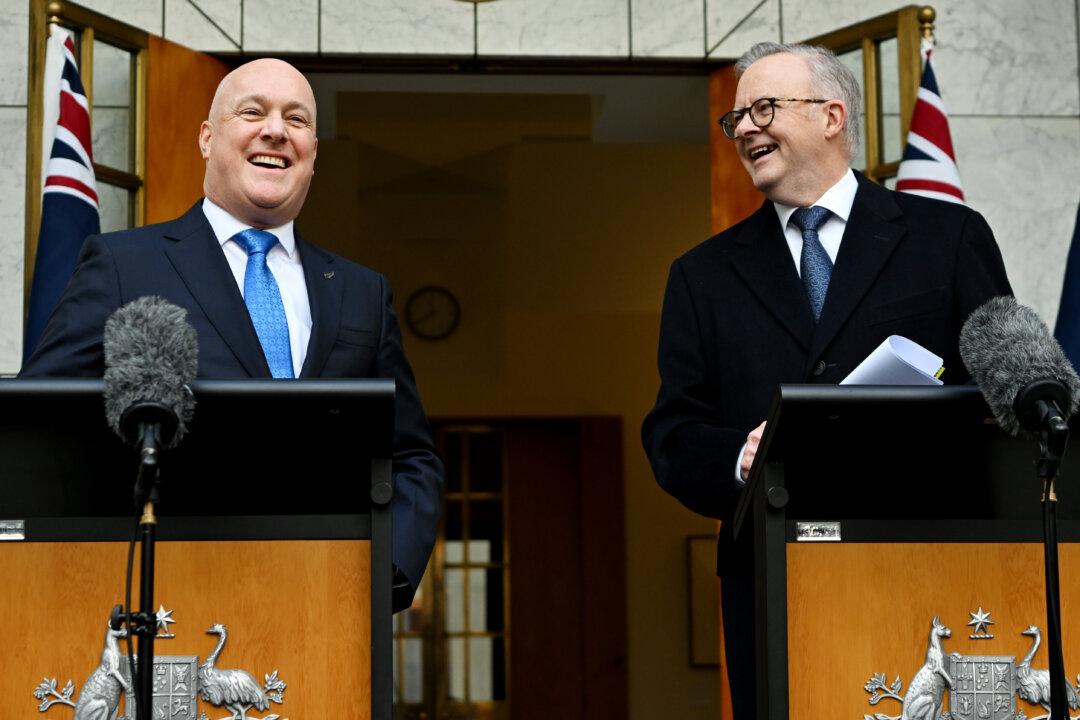Researchers at the Auckland-based Talbot Mills, which was commissioned by the Helen Clark Foundation to examine social cohesion in New Zealand, admit they were surprised to find it much lower there than in Australia.
The report’s co-author, economist and commentator Shamubeel Eaqub, admitted that they'd expected to find results similar to, or even a little better than, Australia’s.





